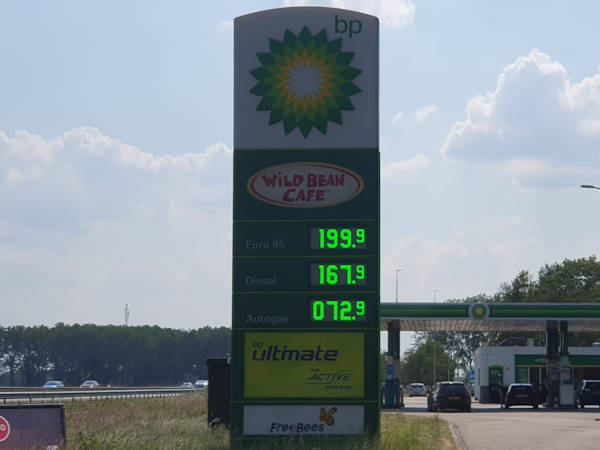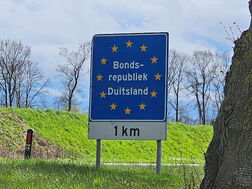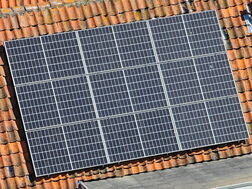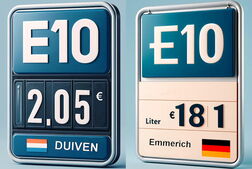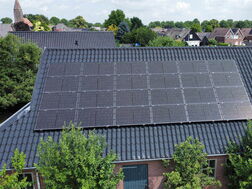From 1 July, petrol and diesel will become significantly more expensive in the Netherlands due to increased fuel taxes. This price increase may lead to larger price differences with neighbouring Belgium, Germany and Luxembourg, making it attractive for many Dutch motorists to fill up across the border.
In the past, it was advantageous for many Dutch people to detour dozens of kilometres to fill up cheaper at foreign stations. This trend was even noticeable among residents of cities such as Apeldoorn and Utrecht. However, during the war in Ukraine, when fuel prices skyrocketed, the Dutch cabinet decided to introduce a temporary reduction in fuel taxes. This reduced the price difference with neighbouring countries, making detours to foreign filling stations less attractive.
Now that the temporary excise reduction is being phased out, the first step is a price increase on 1 July: petrol will be 17-18 cents more expensive, and diesel will cost 12 cents (all including VAT) more. This will make filling up in neighbouring countries attractive again. Currently, the recommended price for petrol in the Netherlands is €1.979, but it is available for around €1.75. In Germany, the price is around €1.80 but can fall just below €1.70 in the evening. However, filling up at our eastern neighbours will become significantly cheaper after the announced excise duty increase.
The price difference with Belgium is already significant, with Belgian petrol prices 10 cents lower than in the Netherlands. If the Dutch excise duty reduction expires, this price difference will increase to more than 25 cents per litre. In Luxembourg, traditionally a fuel paradise for Dutch motorists on their way to holiday destinations in southern Europe, the price difference will also increase significantly.
Although making a detour to fill up more cheaply can be rewarding for many motorists, experts warn about the hidden costs. The extra kilometres driven for cheaper refuelling also cost fuel. Moreover, it can take time, especially at busy petrol stations, where there are sometimes long queues.
As Dutch motorists prepare for higher fuel prices, pump owners also prepare for the changes. Many filling stations expect large crowds in the days leading up to the excise increase when customers still want to fill up quickly at the current, lower rates.
In addition, the excise duty increase could affect supermarket prices, as the cost of transporting goods such as bread and cheese will also rise. As a significant transport country, the Netherlands may experience these rising costs in different sectors of the economy.
Finally, according to Thomas Klimeck, a cross-border business consultant, it is essential to remember that fuel prices in Germany vary during the day. It is usually more expensive in the morning and cheaper in the afternoon and evening. It is therefore recommended to check current prices on websites such as clever-tanken.de.
Klimeck also indicates that besides fuel, many other products are cheaper in Germany. A trip to Germany can bring significant savings for those who need to buy groceries or visit a drugstore. So, with cheap fuel and grocery prices in Germany, it is a perfect opportunity to plan a day trip: fill up cheaply, do your shopping at a lower price and enjoy your day in new surroundings. However, it is essential to consider the travel time, for example, from Utrecht to Emmerich or Kleve, which can be up to an hour and a half.

